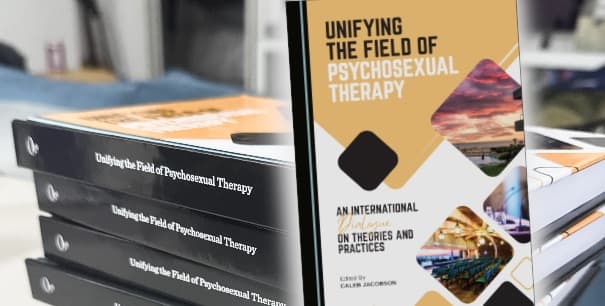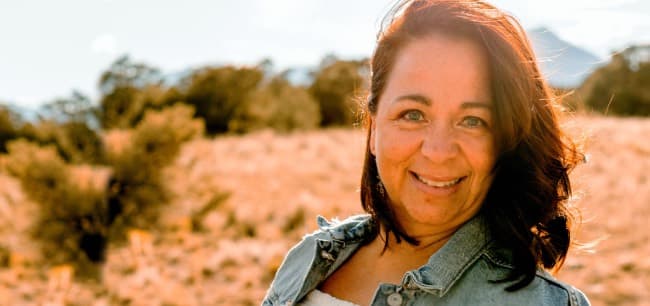Sex & Autism 7: Likes & dislikes
We all have things we like and dislike: foods, feels, activities, and media to name just a few. Most of us can easily handle changes to our expectations of what’s for dinner tonight, what we wear, or where we go. For people on the autism spectrum, integrating what we like and dislike with the world around us can cause friction in our relationships with others. Noise, crowds, bright lights, strong tastes, smells, and being touched can be unbearable.
This makes restaurants, movies, airports, big stores, and shopping malls difficult. Some of us have preferred places we feel comfortable going to. With this in mind, dating can be difficult and relationships might take a bit of extra work.
Food
Everyone has food preferences and most of us find food comforting. Autism can bring food to a new level of likes and dislikes. On a personal note, I ate the same food for breakfast for over a decade and never saw anything wrong with it.
For instance, many children and adults on the spectrum are extremely sensitive to not just flavor, but also the color, smell, and texture of foods. Some of us can easily tell when flavorless dissolvable fiber is mixed into a beverage or even other foods. Many can also have strong preferences for a narrow selection of foods. Some even feel compelled to have certain foods in the same place on the plate or to use the same plate at each meal. On top of this, many individuals with autism have difficulty describing what they like or dislike about certain foods.
Clothing
If you’ve met someone on the autism spectrum, they may have had certain preferences around clothing. Tags, labels, seams, textures, and how the fabric sits on their body may all be non-negotiables with clothing.
Making things work
For people without autism, our likes and dislikes may seem extreme and uncompromising. It’s important to remember that to us, what may seem like trivial choices are some of the ways we find structure and safety in our lives. Being able to predict what is for dinner on Thursday can be a big deal to us.
So what’s this got to do with sex?
Take a moment and think about dating, relationships, sex, and sexuality. These all bring new experiences with sensations and communication.
To be in a relationship with a person with autism could have unexpected boundaries and rules around sights, sounds, textures, tastes, and activities. Keep the communication open and honest.







